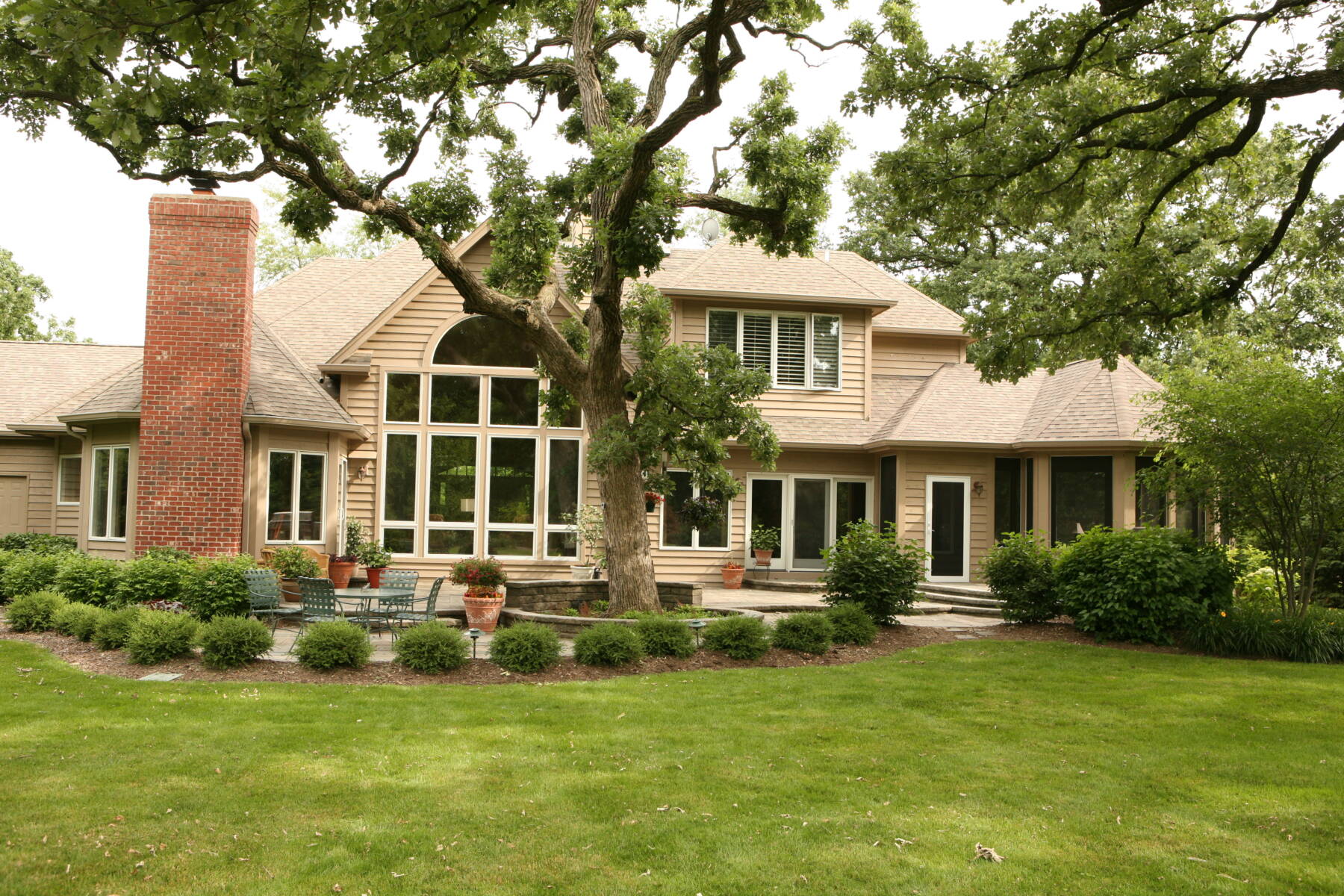When adding a home addition to your house, several important factors should be considered to ensure a successful and functional project. Here are some of the most crucial considerations:

- Budget: Determine your budget for the addition and make sure to account for all costs, including construction, materials, permits, and any unexpected expenses that may arise during the project. It’s essential to have a realistic budget that you can stick to.
- Purpose and Needs: Clearly define the purpose of the addition. Do you need more living space, a new bedroom, a home office, or something else? Ensure that the addition fulfills your specific needs and complements your lifestyle.
- Zoning and Building Codes: Check with your local authorities to understand the zoning regulations, building codes, and permit requirements for your area. Compliance with these regulations is crucial to avoid legal issues and ensure safety and structural integrity.
- Design and Aesthetics: Work with an architect or designer to create a design that seamlessly integrates with your existing home and matches your aesthetic preferences. The design should also consider factors like natural light, ventilation, and the flow of the space.
- Structural Integrity: Ensure that the addition is structurally sound. This may require consulting with a structural engineer to assess the impact on the existing structure and the necessary supports or modifications.
- Utility Services: Consider how the addition will impact your existing utility services, such as electrical, plumbing, and HVAC. You may need to upgrade or extend these systems to accommodate the new space.
- Energy Efficiency: Incorporate energy-efficient features and insulation into the addition to save on long-term energy costs and reduce your environmental impact.
- Accessibility: If your home addition is meant to accommodate aging family members or individuals with disabilities, ensure that it’s designed with accessibility in mind, including wider doorways, ramps, and other features.
- Quality Materials: Choose high-quality materials that not only enhance the appearance of the addition but also ensure durability and longevity.
- Contractor Selection: Carefully select a reputable and experienced contractor or construction team. Check references, verify credentials, and get multiple quotes to ensure you’re working with professionals who can deliver the project on time and within budget.
- Project Timeline: Develop a realistic timeline for the construction process. Delays can be costly, so plan for unexpected setbacks and establish a clear schedule with the contractor.
- Permits and Inspections: Obtain all necessary permits and arrange for inspections as required by your local authorities. Ensure that the project complies with all safety and building standards.
- Communication: Maintain open and regular communication with your contractor, designer, and any other professionals involved in the project. Discuss any concerns, changes, or questions as they arise.
- Contingency Plan: Set aside a contingency fund to address unforeseen expenses or changes in the project. A common rule of thumb is to reserve 10-15% of your budget for contingencies.
- Insurance: Review your homeowner’s insurance policy to ensure that your home addition is adequately covered during and after construction.
- Resale Value: Consider the potential impact of the addition on the resale value of your home. While your immediate needs are a priority, it’s wise to make choices that will also benefit future owners.
Planning and careful consideration of these factors are essential when adding a home addition to your house to ensure a successful, safe, and functional living space. Working with professionals and conducting thorough research will help you make informed decisions throughout the process.
